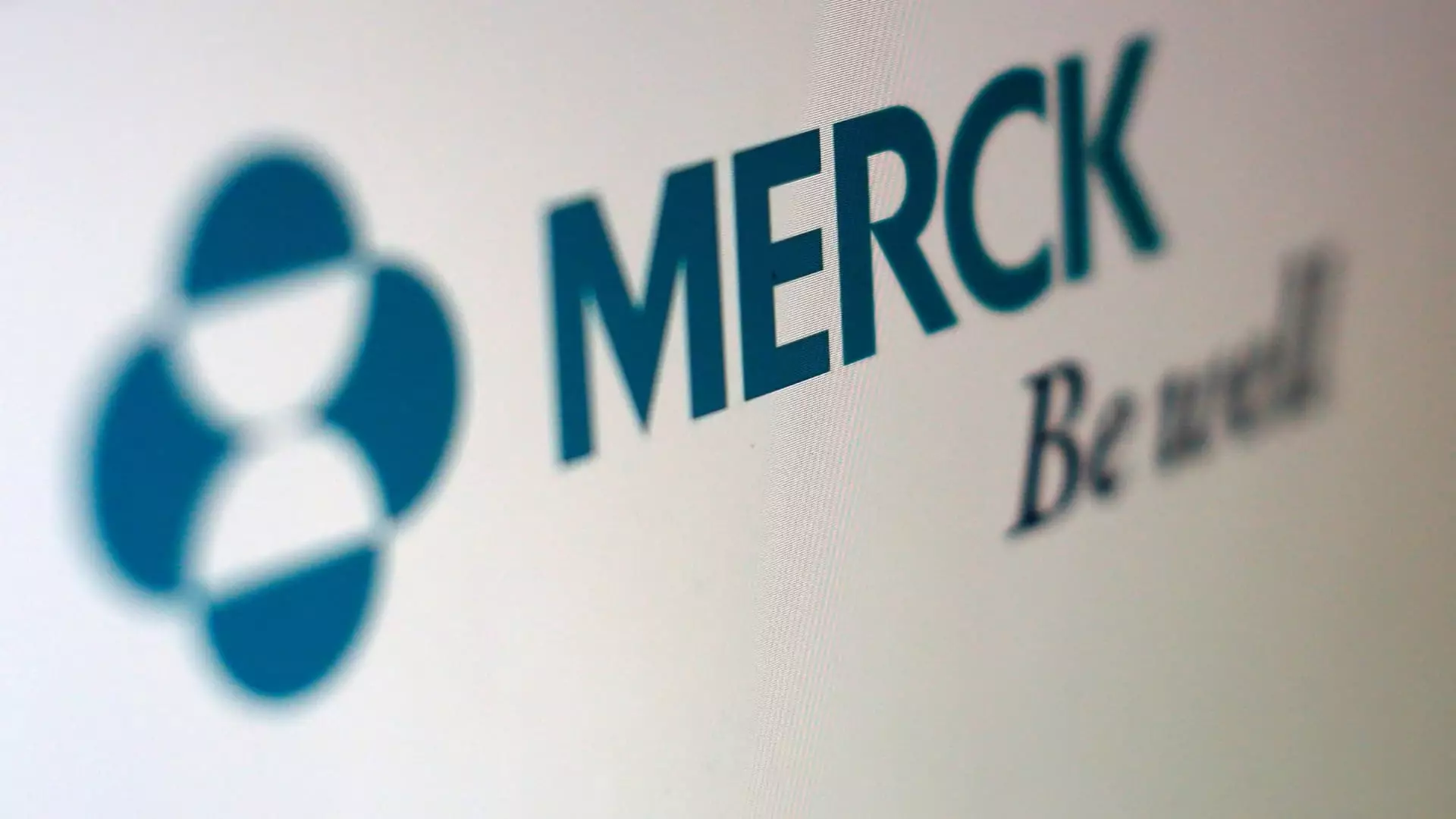On a significant day for pediatric medicine, the Food and Drug Administration (FDA) greenlit Merck’s new monoclonal antibody treatment, Enflonsia, aimed at protecting infants from the dangerous respiratory syncytial virus (RSV). This decision is both a beacon of hope for vulnerable families and a potential catalyst for an intensely competitive landscape in the market for RSV treatments. Yet, as we celebrate this development, it is vital to examine what it means for public health and whether this new treatment is the savior many hope it will be.
The looming RSV season, typically starting in the fall and continuing through early spring, heralds a period of heightened risk for infants. With complications from RSV consistently leading to high hospitalization rates among newborns, the introduction of Enflonsia may signify a critical shift. However, the reality of vaccine rollout and implementation remains fraught with challenges, particularly in ensuring accessibility amidst rising consumer demand.
A Den of Competition
Merck’s move into the RSV treatment space is far from a solo venture. Its primary competitor, a joint effort by Sanofi and AstraZeneca, marketed as Beyfortus, has already established itself as a heavy hitter, evidenced by 2022 sales that sky-rocketed to an impressive €1.7 billion (approximately $1.8 billion). Despite the excitement surrounding Merck’s offering, the underlying competitive dynamics could dilute hopes of straightforward access.
What happens when supply strings are pulled? Sanofi has already indicated it is ramping up production to meet the high demand experienced in the 2023 RSV season. The potential for drug scarcity is not just a logistical nightmare; it feeds into the broader discourse on healthcare inequities. Will all families have access to these potentially life-saving medications, or will the treatment landscape remain skewed towards those who can afford it? It remains to be seen whether Merck can successfully navigate these turbulent waters while also ensuring that Enflonsia is available equitably across communities.
Mixed Signals on Safety and Efficacy
Merck’s Enflonsia is lauded for demonstrating an impressive 84% reduction in RSV-related hospitalizations during clinical trials. A critical analysis warrants diving deeper into the efficacy claims, especially when juxtaposed against the backdrop of existing vaccines from major players like Pfizer and Moderna—which, while effective for adults and pregnant women, are not designed for young infants. Moreover, the FDA recently paused trials for RSV shots in young children, raising significant questions regarding safety. Consumers are inevitably left wondering: Is this rapid approval due diligence or desperation?
Merck’s promise to deliver safety and convenience, with the treatment’s universal dosing regardless of weight, adds a layer of allure. Still, does it overshadow the potential risks involved? Families deserve not just a quick remedy but also an assurance that Enflonsia won’t result in unforeseen complications down the line. It’s vital that public health leaders and organizations prioritize transparency to avoid creating an environment of distrust, akin to what we have seen in other facets of health care.
The Larger Narrative
Enflonsia’s approval is more than just a win for Merck; it underscores the necessity for continual advancement in pharmaceuticals in an ever-changing world. Analyzing Merck’s strategy within the context of liberal values, one can argue that government regulators must prioritize patient welfare above corporate interests. Amid the carnival of pharmaceutical advancements weighing heavily on profit margins, it is the moral duty of governing bodies to ensure that health innovations prioritize access and equitable distribution.
Trust in healthcare systems is built on accountability, and agencies like the FDA have a crucial role to play. Vigilance is required, especially as Enflonsia and other RSV treatments enter the market. It is not enough for products to merely exist; they must fulfill a promise of safety and accessibility for all children. The stakes are high, and as the RSV season approaches, the eyes of families across the nation will be keenly focused on how well both Merck and Sanofi deliver on their assurances.



Leave a Reply